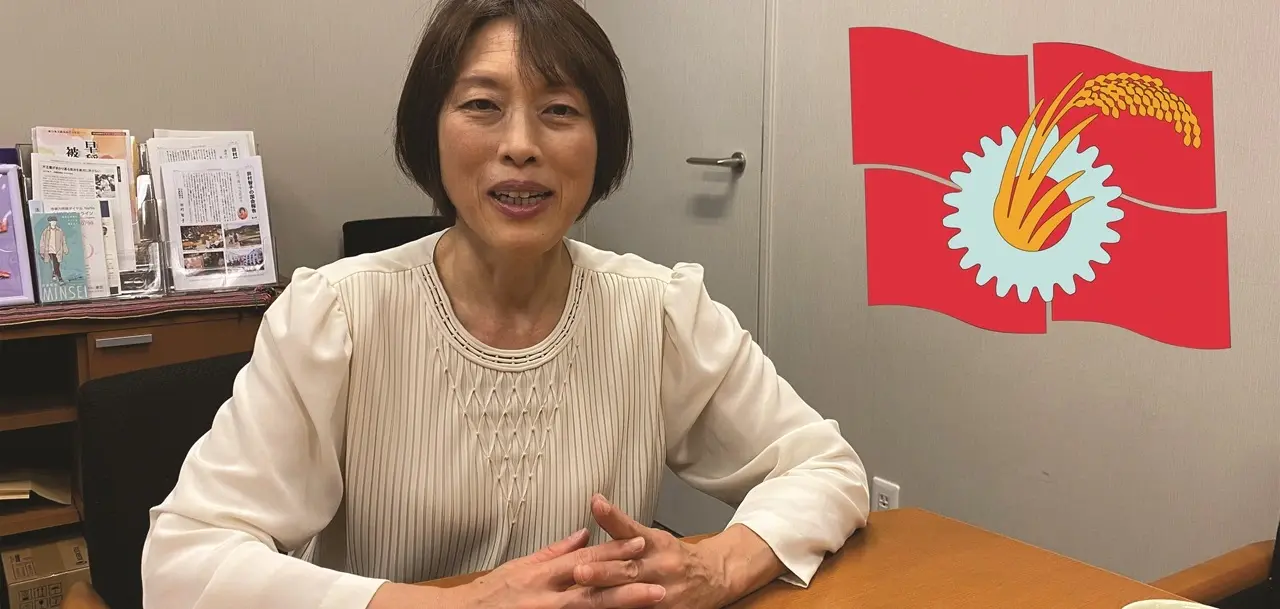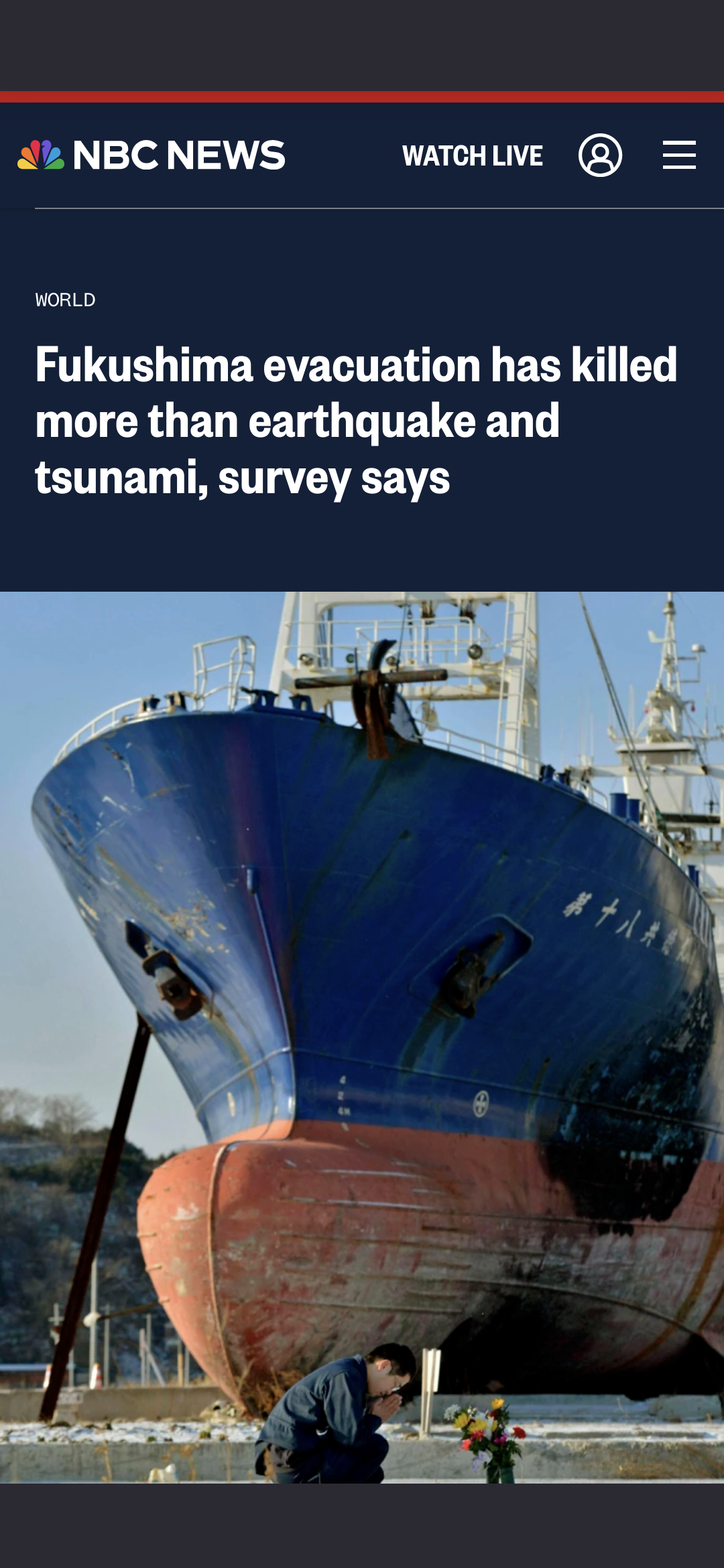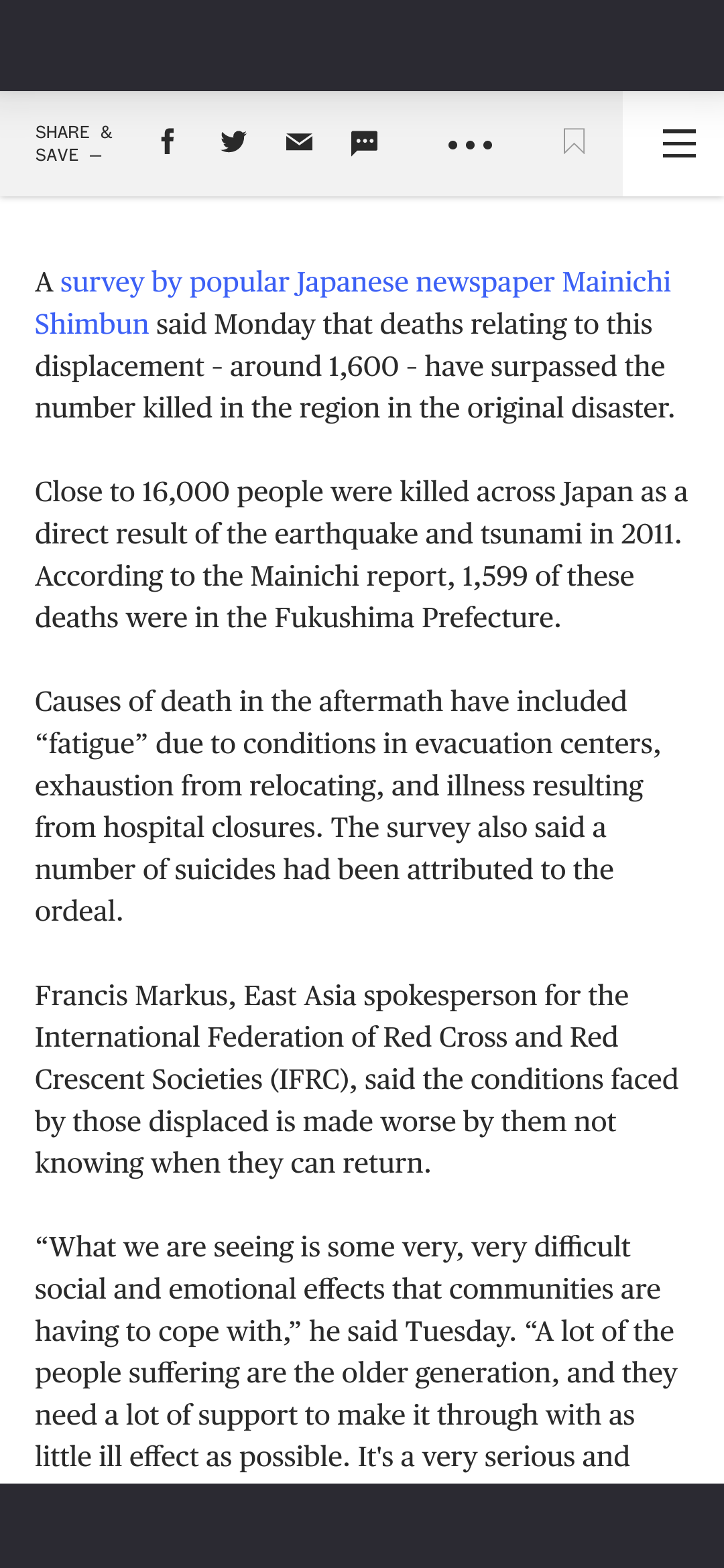Punching for Peace
Recalling the deadly Fukushima nuclear disaster of 2011 and subsequent earthquakes and tsunamis that threatened power plants, the outgoing Central Committee said the need for a nuclear-free Japan is clearer than ever. And that need highlights, the party said, how far behind Japan is when it comes to planning for a post-fossil fuel future. The LDP has made few moves to leave either nuclear or coal behind.
Guess even communists in Japan are going the German route of nuclear denialism
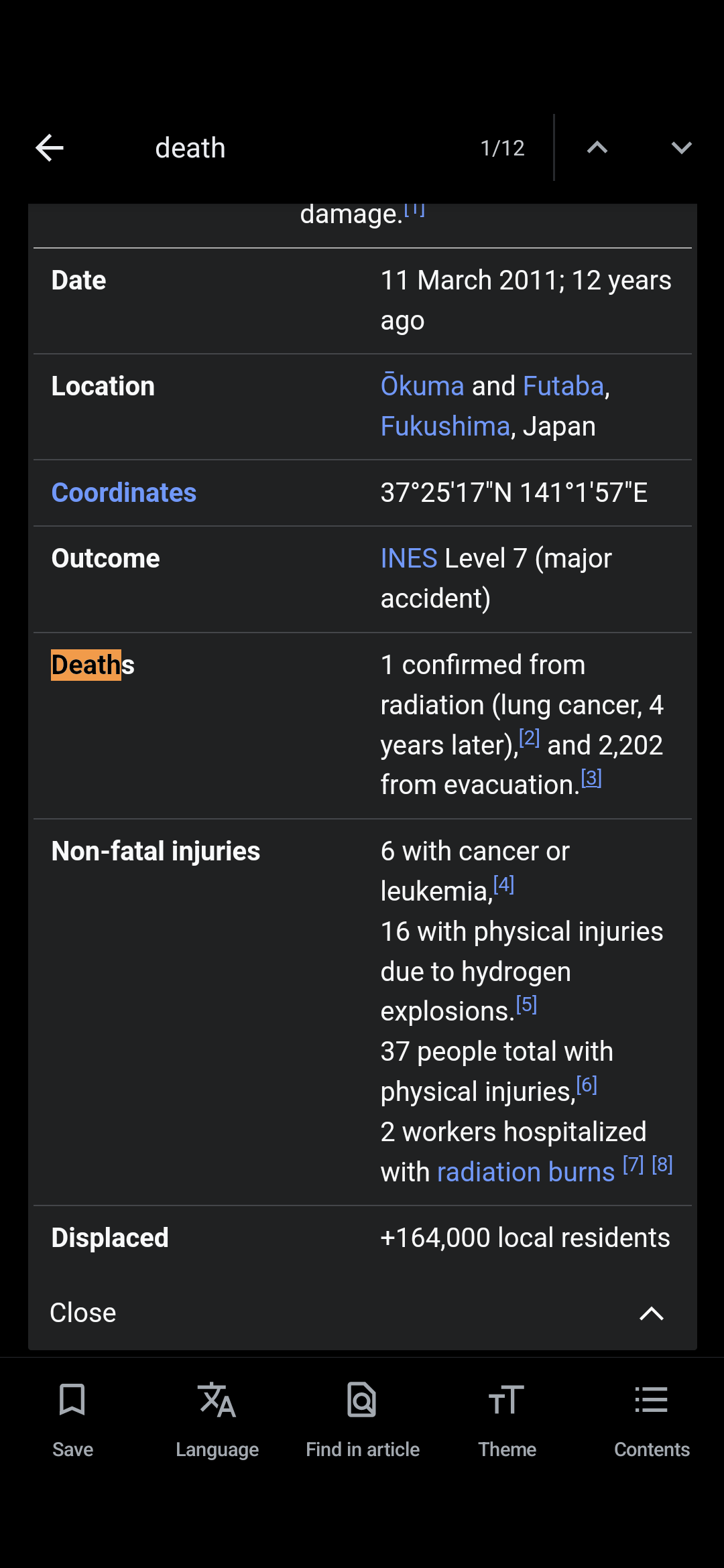
“Deadly,” deadlier was how botched the governments 's evacuation was
Also look at this energy source distribution, they don’t have enough on demand power generation to keep up with demand without nuclear
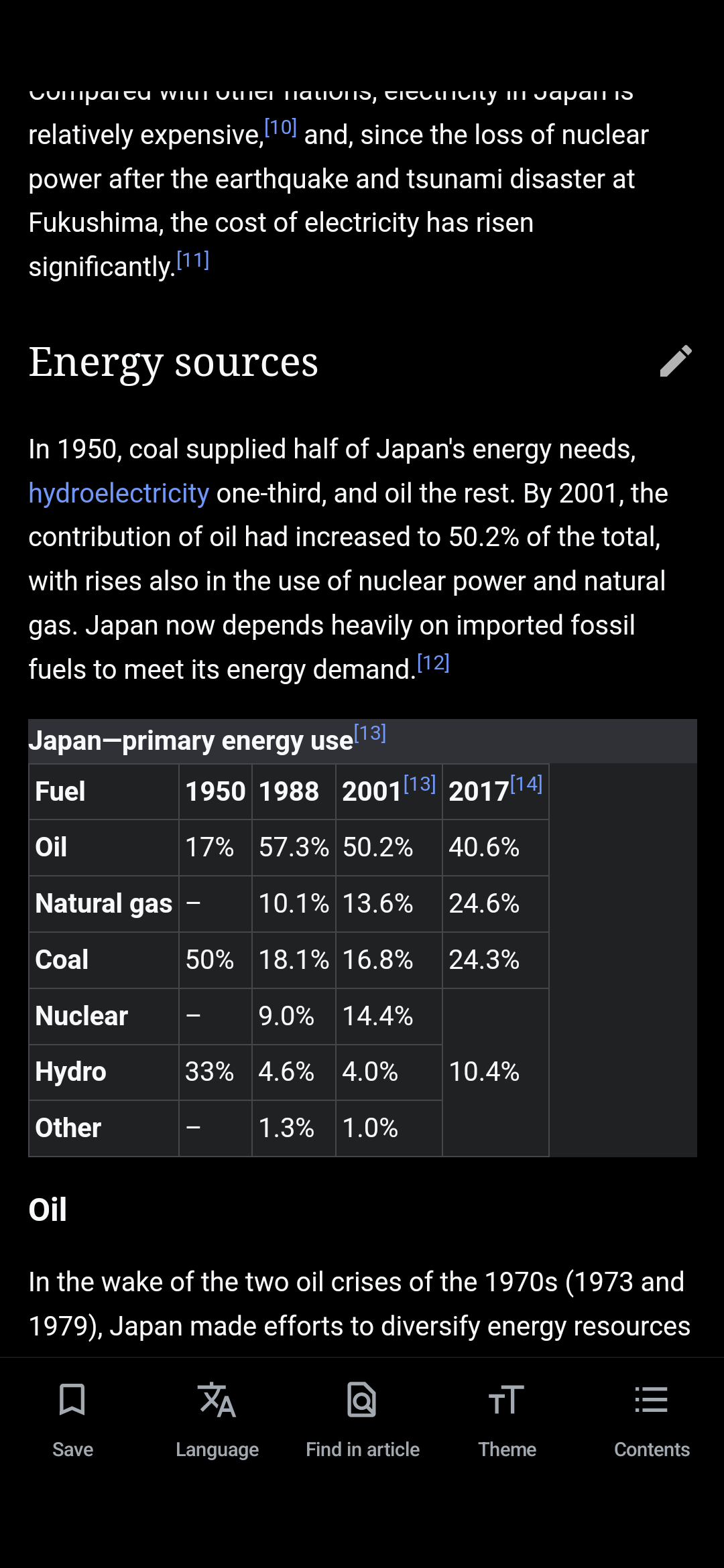
The party promised to step up its work with labor unions and other civic organizations to raise the national minimum wage to 1,500 yen ($10 USD) per hour. Currently, there is no national minimum wage, and the highest regulated rate is to be found in Tokyo, which amounts to just 1,130 yen ($7.61 USD).
Wow
1500 ¥ sounds like it’s still not even close to a living wage in large cities, especially somewhere like Tokyo. I say this as someone who’s never been to Japan.
Healthcare costs, etc. are quite different if you’re used to the US system. We still pay something at point-of-service, but it’s nothing like the US. We are legally required to have insurance (some companies will cover some or all of this), but it’s also based on income.
I know lots of bartenders and such (and remember, no tips here) who live on their own and have money to spend. Definitely not glamorous or anything, but doable. Some, like my wife before I met her, live in fairly nice and central roomshares with another person.
I can’t really use my expenses to show anything useful as I eat lots of (more expensive) western foods/meat/cheese, work from home and usually have some kind of climate control going, have propane rather than city gas, etc.
As an Aussie, I think you missed a couple of important points.
The average apartment size in Tokyo is a lot smaller than in Australia or the US. It’s 65.9m2 in Tokyo versus 156.8m2 in my city of Melbourne. The minimum allowed dwelling size is way lower in Tokyo, and there’s also far fewer detached single-family homes.
The public transport is also much better in terms of speed, reliability and reach. Meaning that you can commute a lot further for work.
I didn’t miss it so much as I didn’t think it was that important, but you’re right that it’s not a bad point to bring up. That 64.9m^2 is actually bigger than the 2LDK+Loft I live in now (55.x + the loft) in a freestanding house. For two of us, it’s mostly fine. Just because I work from home, I’d like a little more space, but it’s worked fine. Previously, my apartment was I think 32m^2 or so, which again was mostly fine.
People here aren’t used to f-off big houses like in the US (I can’t speak for Aus), so I think of it less as a problem and more of a “this is what we do” type of thing. In the post-war boom in the US, it seems a lot of newer houses were around 92M^2 (single-source quick google), but I know that number is way higher today. Anecdotally, I’ve not found wanting bigger spaces something that a lot of my friends have mentioned (until they have toddlers and older anyway, heh), particularly when a lot of them are only home to sleep, eat, and shower.
Aussie ones are fairly big by world standards, but still nowhere near the size of US ones. we don’t rlly build basements or two-storey detached single family homes the way they do. We do have huge backyards though. I live in the suburbs of Melbourne and keep three chickens in our yard.


